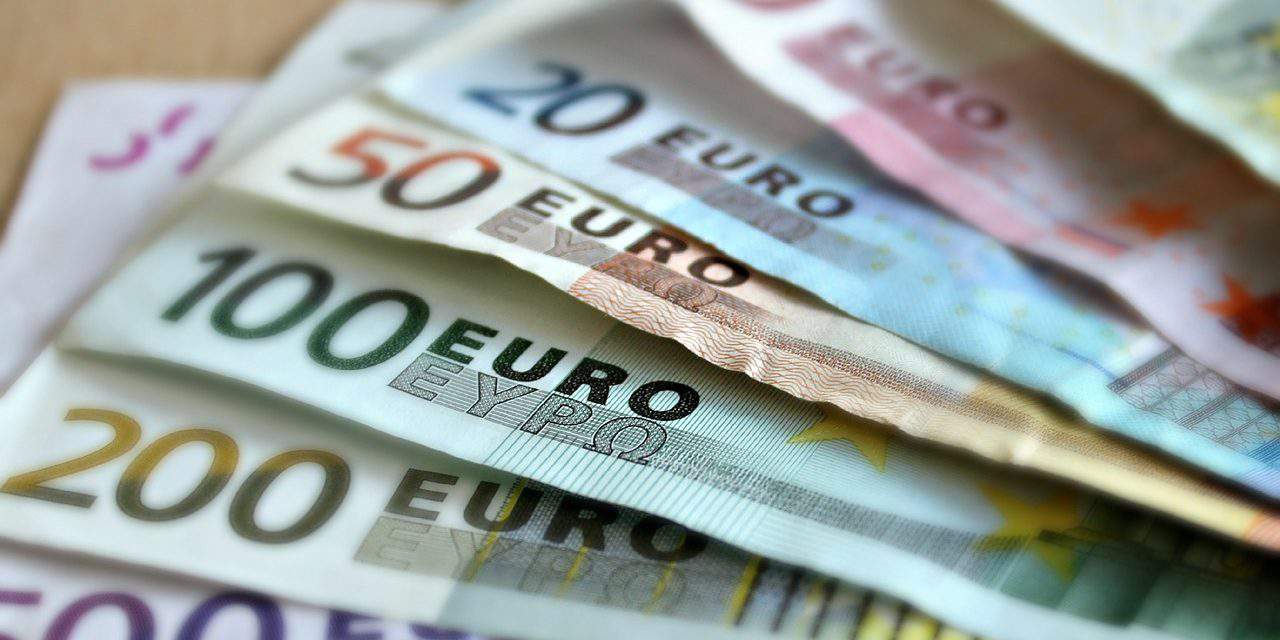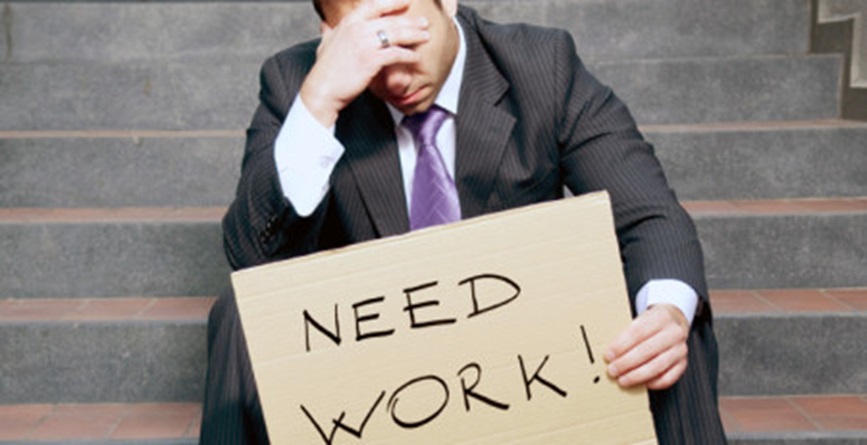Governments across sub-Saharan Africa are hitting international debt markets hard and fast to try to beat rising borrowing costs, pushing the region’s debt levels to new highs.
Nigeria has raised $5.5 billion over the past three months, Kenya wants to borrow at least $1.5 billion, and Angola, Ivory Coast, Ghana, and Senegal are all queuing up.

The flurry of issuance adds to an already-record debt tally for sub-Saharan Africa, which has ballooned to over $200 billion from less than 30 billion in 2007, Bank for International Settlements data shows.
“If you have a lot of issuance in a short period of time, that tells you something,” said Kevin Daly at asset manager Standard Life Aberdeen.
“Maybe these guys are realising that their borrowing costs are going to potentially go higher over the course of the year if we get a continued rise in Treasury yields and further rate hikes by the Fed.”
With investors busy assessing where U.S. Federal Reserve interest rates are headed, the focus is now on just how vulnerable the region may be to such an increase, especially with a large pile of repayments also looming.
Rating agency Moody’s calculates Ghana has $4.5 billion of bonds due between 2020-2026, Gabon has $2 billion maturing between 2022-2025 and Zambia has $3 billion between 2022-2027.
Meanwhile, Kenya’s first Eurobond payment of $750 million, representing roughly 1 percent of its annual economic output or GDP, is due in June next year followed by $2 billion in 2024.
“For sovereigns which do not have long track records of repaying international bonds, this will represent a significant test,” Moody’s said in an e-mailed statement.
The increase in international debt issuance means “sub-Saharan African borrowers are now more exposed to shifts in global risk sentiment and external financing conditions,” they added, stressing the risk of rising borrowing costs.
Nigeria, Africa’s largest economy, is pushing ahead regardless. The country’s 2018 provisional budget has laid out plans to raise some $2.8 billion this year.
Finance Minister Kemi Adeosun also wants to lift the proportion of dollar debt to 40 percent from its current level of 27 percent, to replace expensive naira bonds with 10-year interest rates as high as 14 percent.
“Nigeria is focused on reducing the cost of our debt portfolio and ensuring we have the optimal mix of domestic and international debt,” she told Reuters.
“The proceeds of the dollar issuance ... will be used to re-finance domestic debt, which is high-cost and short-term, with lower-cost international debt with a longer tenure.”
Debt levels in the region are still low compared to many other parts of the world. Sub-Saharan Africa’s average public debt level surpassed 50 percent of GDP in 2017, according to The Institute of International Finance.
But there has been an explosion since 2005 when rich countries, for a second time in a decade, wrote off billions of dollars to help the continent out of its debt trap.
Part of the recent big run-up in debt levels came as commodity exporters such as Nigeria, Zambia or Angola were forced to fill the gaps in coffers left by a 75 percent slump in oil and some key metal prices between 2014 and 2015.
Combined with the related hit to growth rates, this triggered an outsized fall in sovereign credit ratings in the region which only now looks to be leveling off. S&P Global’s sub-Saharan Africa ratings have dropped around two notches on average since 2008 from BB- to B, whereas across all emerging markets the fall has been only about half a notch, from just above BBB- to just below. Moody’s downgrades in sub-Saharan Africa have outnumbered upgrades 21 to 2 since the beginning of 2015.
The region is not out of the woods. In 2017, at least three countries - Mozambique, Congo-Brazzaville and Chad - defaulted or tried to renegotiate debt. Angola announced it wanted to extend maturities in 2018.
But thanks to attractive yield offers, investor interest seems unabated. Nigeria’s $2.5 billion offering attracted bids in excess of $11 billion.

































